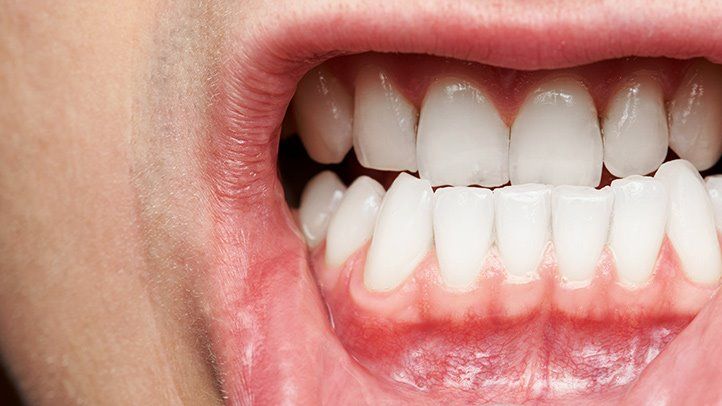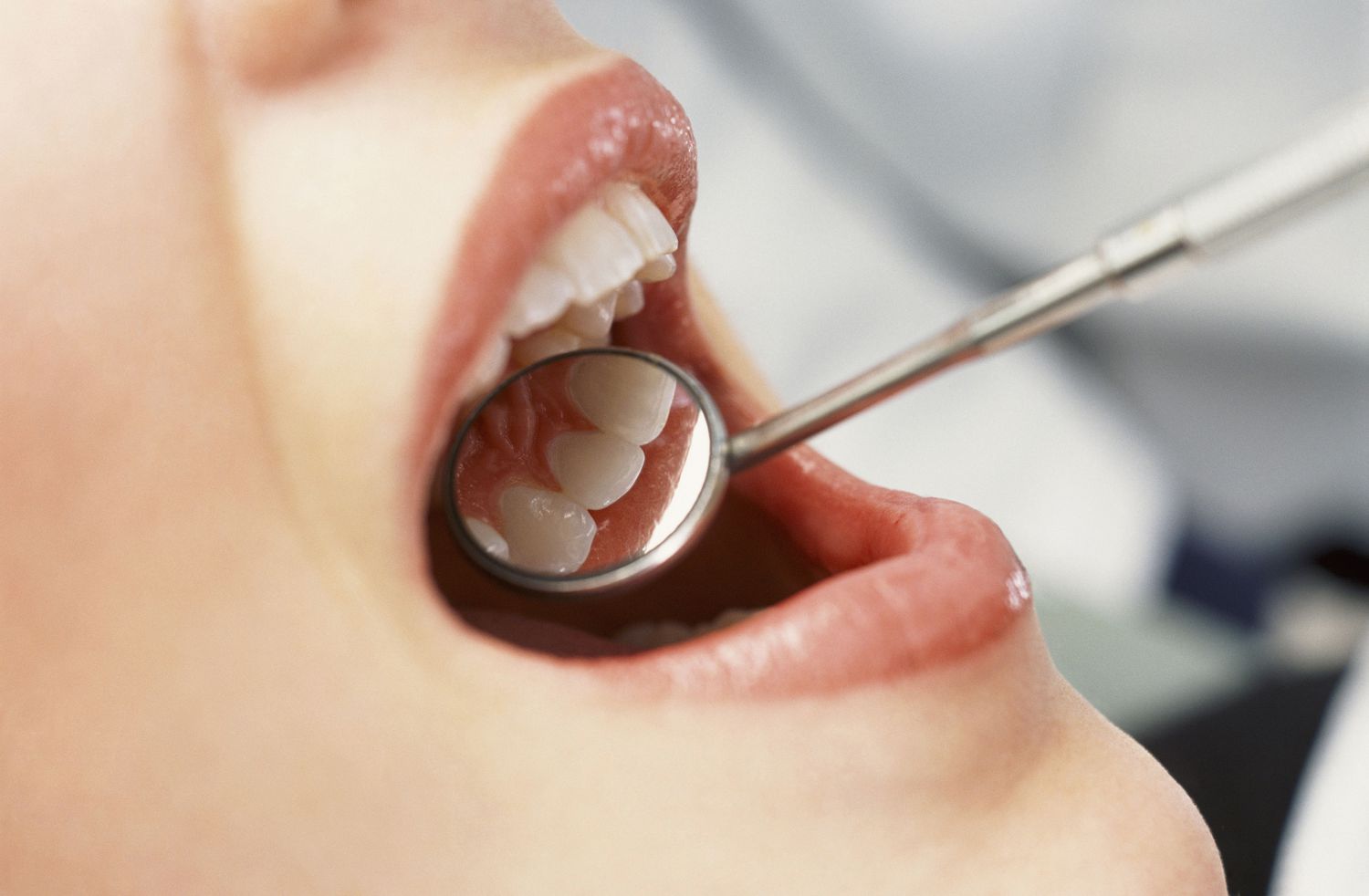Gum disease often occurs due to poor oral hygiene, encouraging plaque build-up. If not removed through meticulous brushing and flossing, the bacteria can cause gum irritation and infection. Over time, the disease can damage your bone and gum tissue, resulting in tooth loss. Fortunately, the gum disease & periodontics Novi specialists at Novi Family Dentistry offer non-surgical and surgical treatments like scaling and root planing, and flap surgery to prevent gum disease progression and alleviate your symptoms.
Factors contributing to the development of gum disease
The most prevalent trigger of gum disease is the accumulation of bacteria in your mouth and poor oral hygiene. When you fail to brush and floss regularly, plaque hardens into tartar, which is difficult to remove through normal brushing. Tartar build-up can irritate your gums and create a conducive environment for bacteria to grow, resulting in gum inflammation and infection. In addition to poor oral hygiene, tobacco use, and smoking can also cause gum disease. These unhealthy habits can impair your body’s ability to fight infection and hinder adequate blood flow to your gum tissue. Hormonal fluctuations during pregnancy and menopause can make your gums more sensitive and prone to inflammation.
Also, medical conditions like diabetes can compromise your body’s healing abilities, encouraging gum disease progression. If not treated promptly, this disorder can worsen to a severe form of gum disease called periodontitis. Periodontitis can cause your gums to pull away from your teeth and create pockets. Bacteria thrive in these pockets, further damaging bone and gum tissue and ultimately leading to tooth loss.
Signature symptoms of gum disease
Gum disease progresses in stages, beginning with mild symptoms that can deteriorate and lead to tooth loss if left untreated. Early signs of gum disease include red, swollen, and tender gums that appear shiny and bleed when brushing or flossing. You may also develop a persistent metallic taste in your mouth or bad breath. Although the discomfort is minimal at this stage, it is a sign that you need immediate attention. As the gum disease progresses to periodontitis, you may experience more severe symptoms, including receding gums. This can result in the formation of deep pockets in your gums, leading to plaque and tartar build, which can exacerbate gum inflammation and irritation. You may also experience increased tooth sensitivity to cold and hot temperatures.
Available treatments for gum disease
During your initial appointment at Novi Family Dentistry, your provider will discuss your symptoms and perform a thorough dental exam. They may also review your dental health history before recommending treatment. The team may recommend non-surgical treatments like scaling and root planning if you have gingivitis, an early-stage gum disease. During this treatment, your dentist removes the plaque and tartar on your teeth and beneath your gumline and smooths out the rough areas on your tooth roots to discourage bacteria build-up. If you have advanced gum disease, the Novi Family Dentistry team may recommend flap surgery, which involves lifting your gums for deep cleaning, and bone grafting, which involves replacing the damaged bone with grafts.
If you experience symptoms of gum disease, call the Novi Family Dentistry office or book an appointment online for treatment.















Leave a Reply